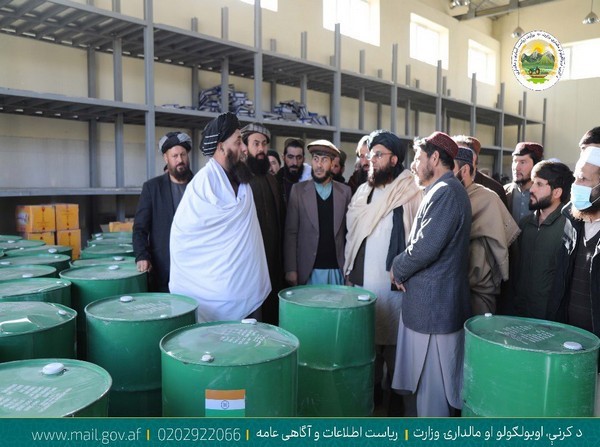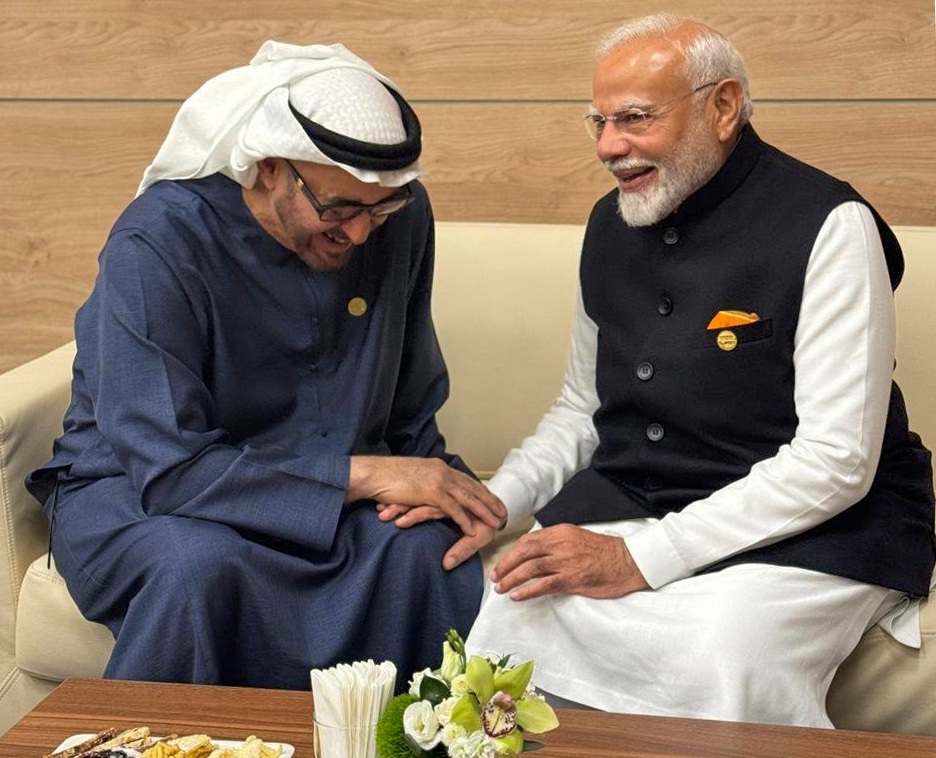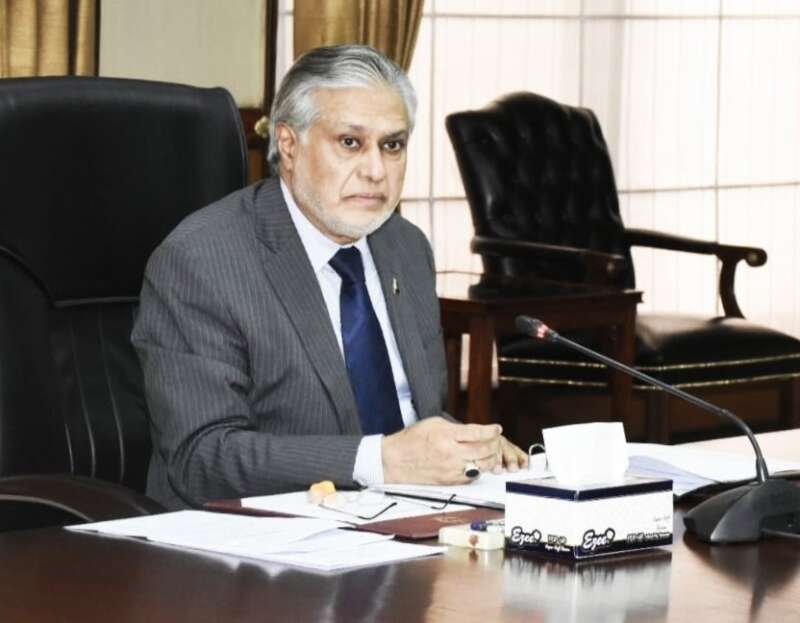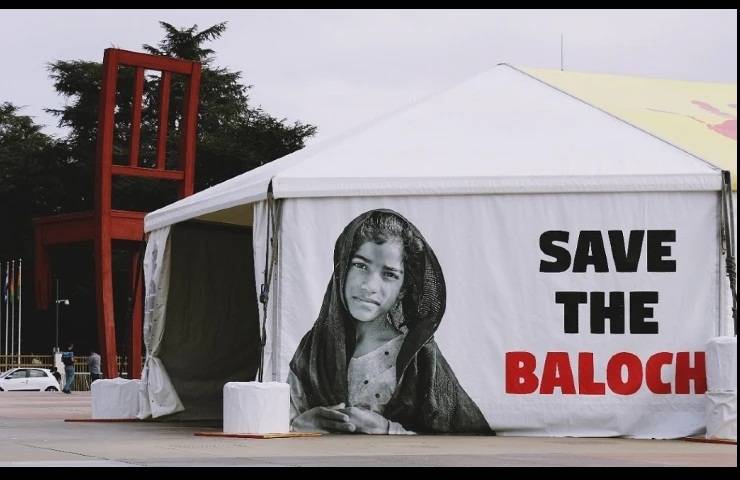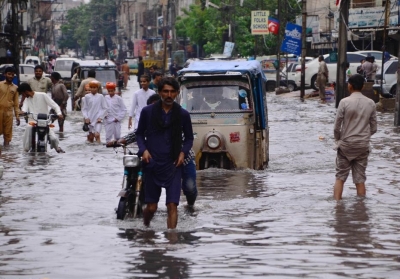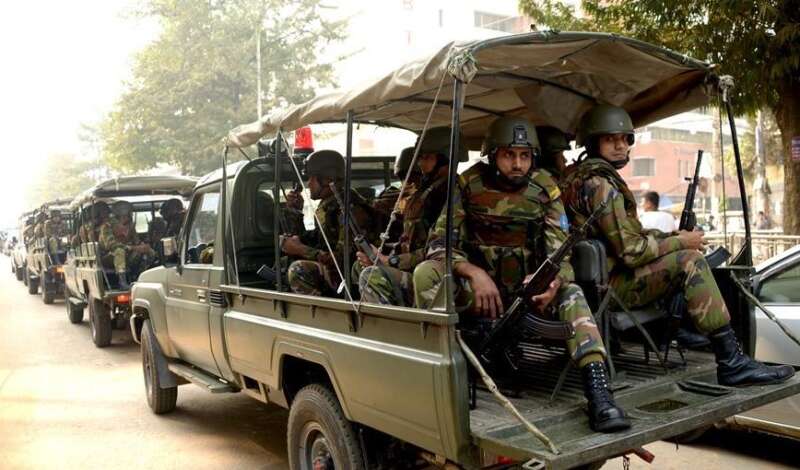Malathion, known for its efficacy in arid regions and minimal water usage, is considered a crucial tool in locust control….reports Asian Lite News
In its continued efforts to help Afghanistan, India has supplied 40,000 litres of Malathion, a pesticide used to fight locust menace, through the Chabahar port.
The Taliban-controlled Ministry of Agriculture has expressed gratitude for this assistance, highlighting its significance in protecting crops and ensuring food security in Afghanistan.
Malathion, known for its efficacy in arid regions and minimal water usage, is considered a crucial tool in locust control. The aid not only addresses the immediate threat in Afghanistan but also serves to prevent the spread of locusts to neighbouring Central Asian countries.
“Ministry of Agriculture, Irrigation & Livestock of the Islamic Emirate of Afghanistan is grateful of the Government of the Republic of India and its people for supplying 40,000 liters of chemical material (Malathion) in the agriculture sector, to prevent the locusts menace, that the mentioned assistance arrived today through Chabahar port,” the Afghanistan Ministry of Agriculture, Irrigation and Livestock said.
The assistance not only helps in preventing locusts in Afghanistan, but also prevents locusts from Central Asian countries, especially Tajikistan, Uzbekistan and Turkmenistan, and is effective on crops in the region.
The 40,000 litres of malathion pesticide was supplied in two trucks and officially handed over to the Ministry of Agriculture, Irrigation and Livestock of the Taliban-controlled Afghanistan government.
The ministry statement read, “Agriculture and livestock are inclusive sectors of humanity, which their benefits and harms are same for everyone, Afghanistan is a war-torn and backward country, and any country that assists with us in the field of disease prevention, research, promotion of mechanization and marketing of agriculture and livestock sectors, is considered as cooperation with humanity.
Locusts are voracious in nature and are known for their vegetation-destroying abilities and their large-scale presence may potentially threaten food security.
The locust menace was at its worst in neighbouring Pakistan in early 2020, when the country declared a national emergency.
At the same time, India too witnessed a large-scale locust incursion in several states such as Rajasthan, Gujarat, some parts of Punjab, Madhya Pradesh, Uttar Pradesh, and Maharashtra. (ANI)
ALSO READ: India Sends 40,000 Litres of Locust Pesticide to Afghanistan


